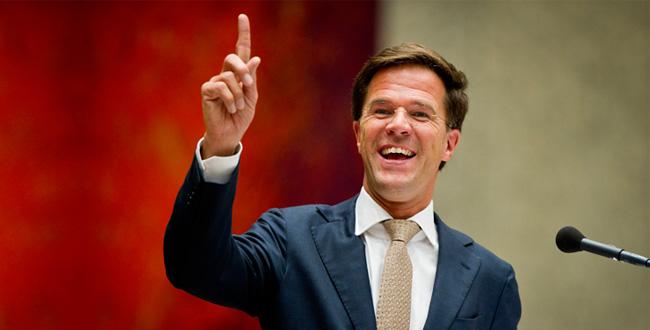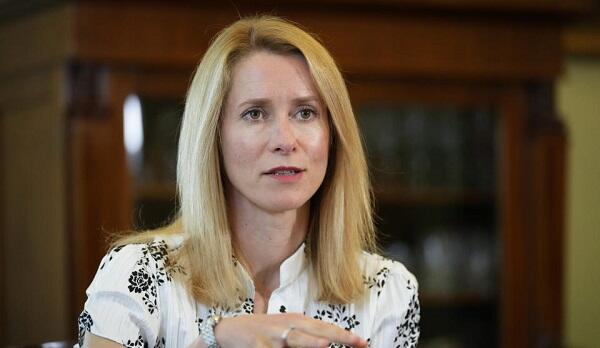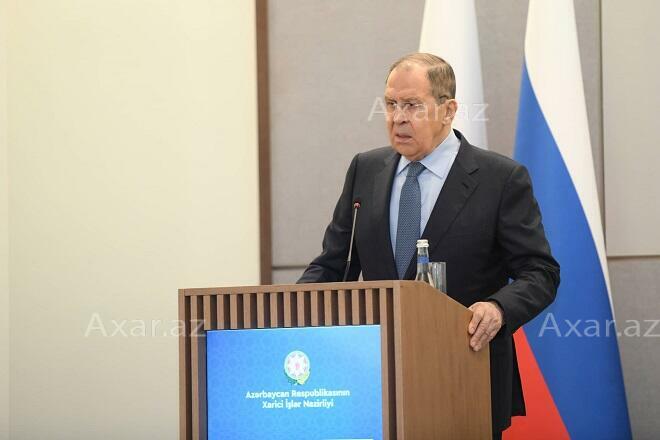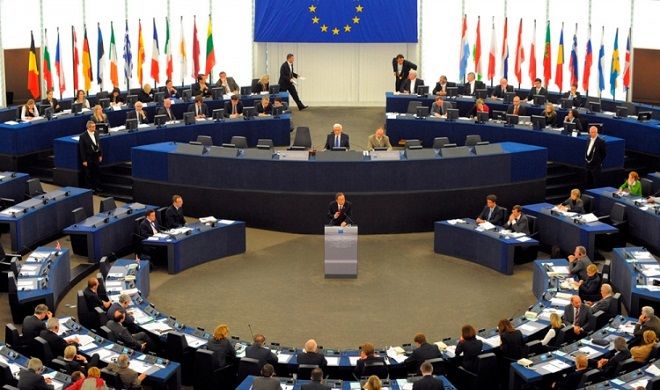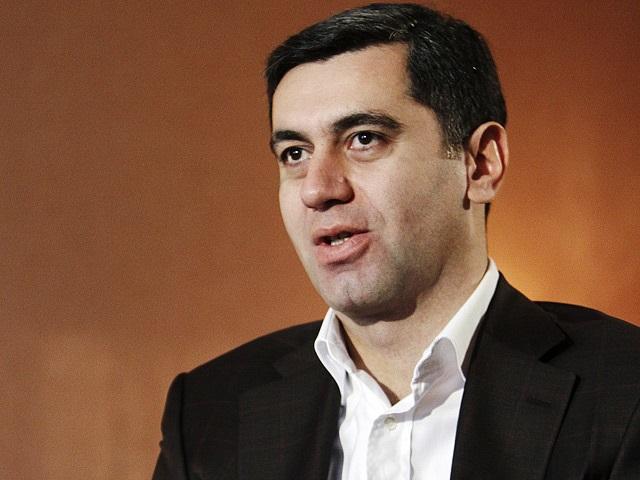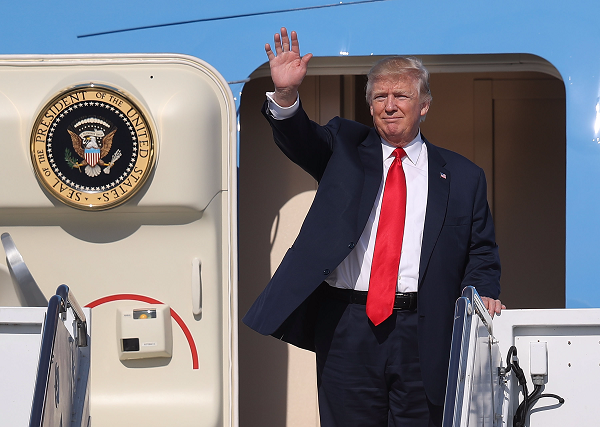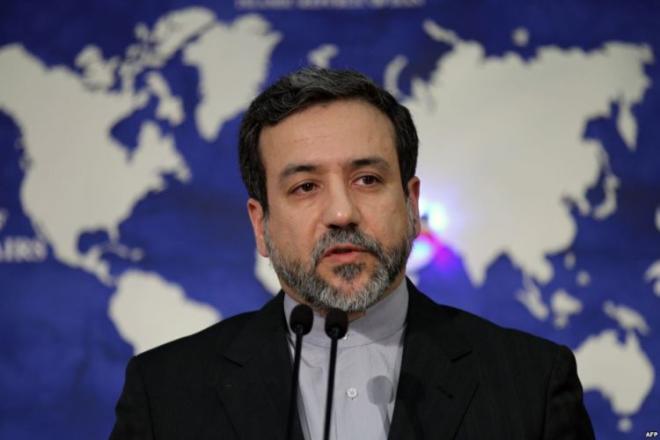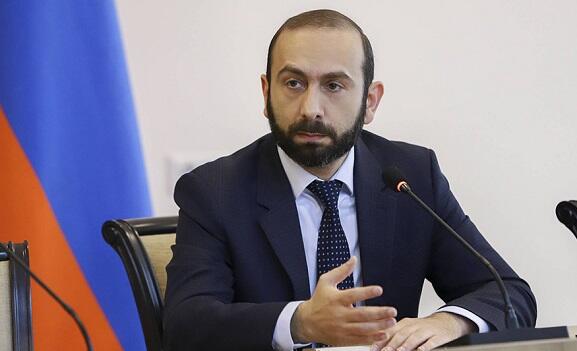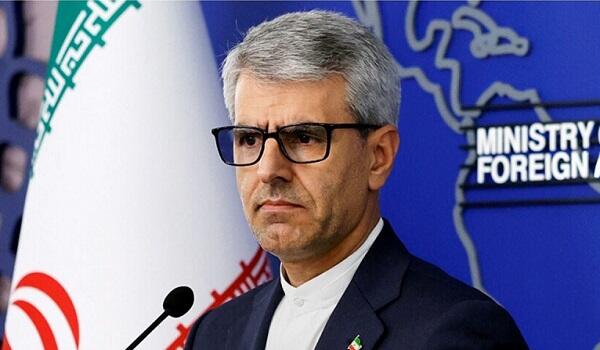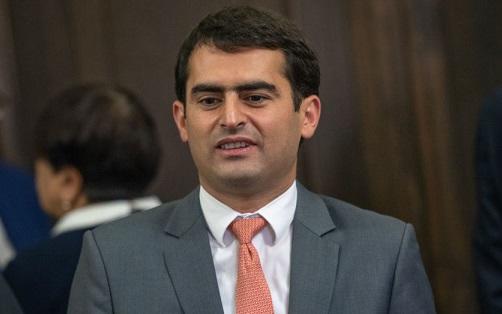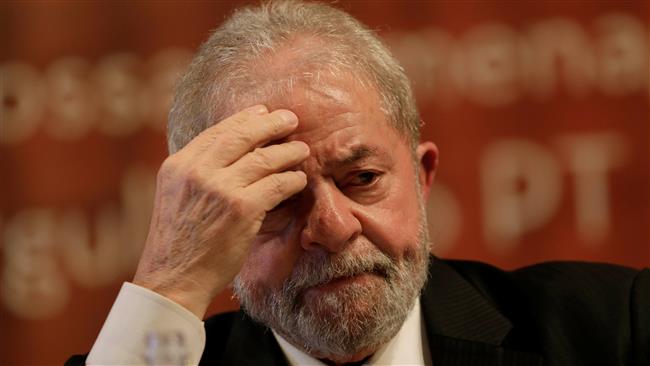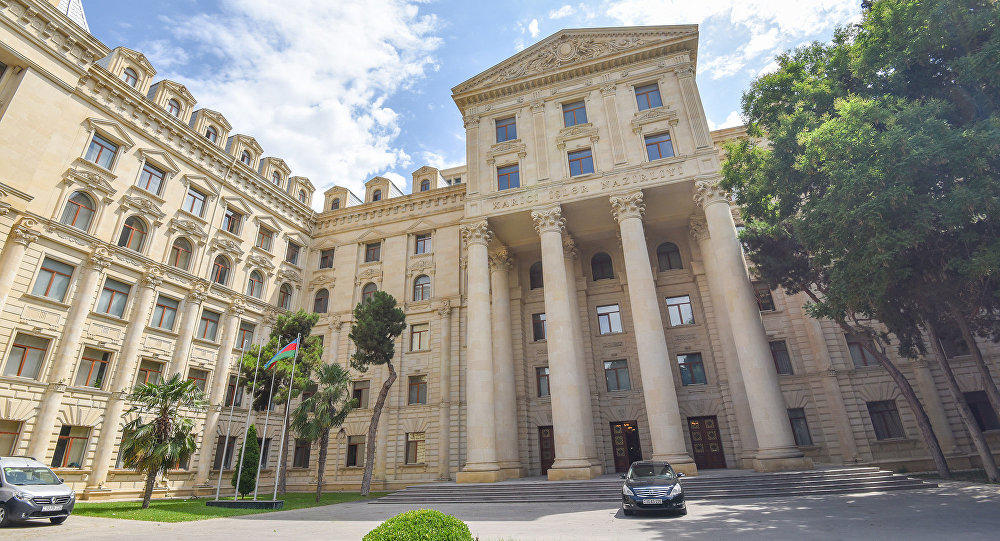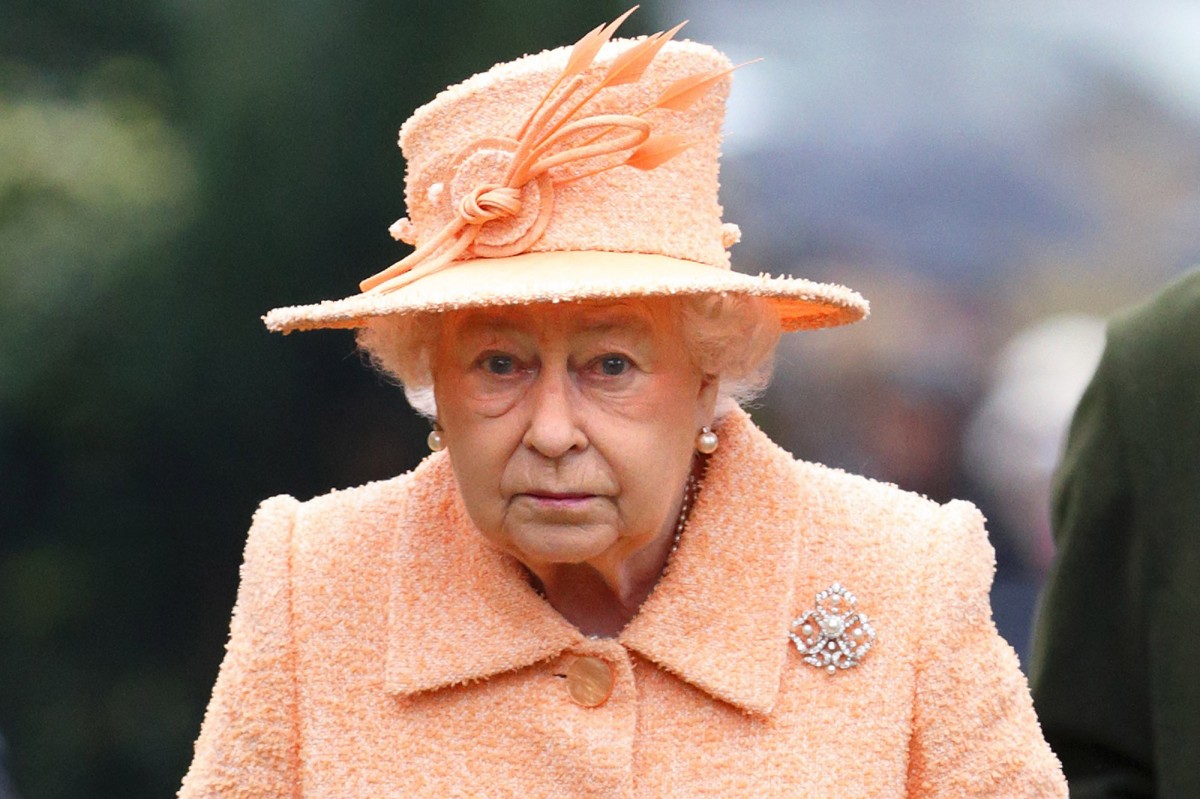Paris may be considered the romance capital of the world, but it turns out that Spain is the most amorous nation.
Spanish people sent more love-related messages on Viber than any other region last year, ahead of France, Italy and Japan. And this may be linked to the fact the language was recently found to be the happiest and most positive by mathematicians. Viber said its Spanish users sent the most love-related stickers on its messaging app during 2014 and the ‘kissing couple’ sticker topped the list globally. In a separate study, a team of researchers, led by Dr Peter Dodds from the University of Vermont, built a database of billions of individual words from 10 of the most popular languages using online sources.
This included Google Books, Twitter, subtitles on films and TV shows, song lyrics and the New York Times in Spanish, Chinese, English, French, Portuguese, Arabic, Indonesian, Korean, Russian and German. From this, the scientists compiled a list of 10,000 most commonly used words in each language and labelled each as either positive and negative. For example, the words ‘lying’ and ‘cried’ were plotted on the negative side, while ‘love’ and ‘laughter’ were positive words. Once all of these words were plotted, the researchers found that every language studied was inherently positive, and more words fell on the right of centre than the left.
‘Using human evaluation of 100,000 words spread across 10 languages diverse in origin and culture, we present evidence of a deep imprint of human sociality in language,’ said the study. ‘The words of natural human language possess a universal positivity bias, the estimated emotional content of words is consistent between languages under translation, and this positivity bias is strongly independent of frequency of word use.'
And at the top of this list was Spanish, which had the highest skew towards positive sentiment. Chinese was at the opposite end of the scale. English was in third place.




